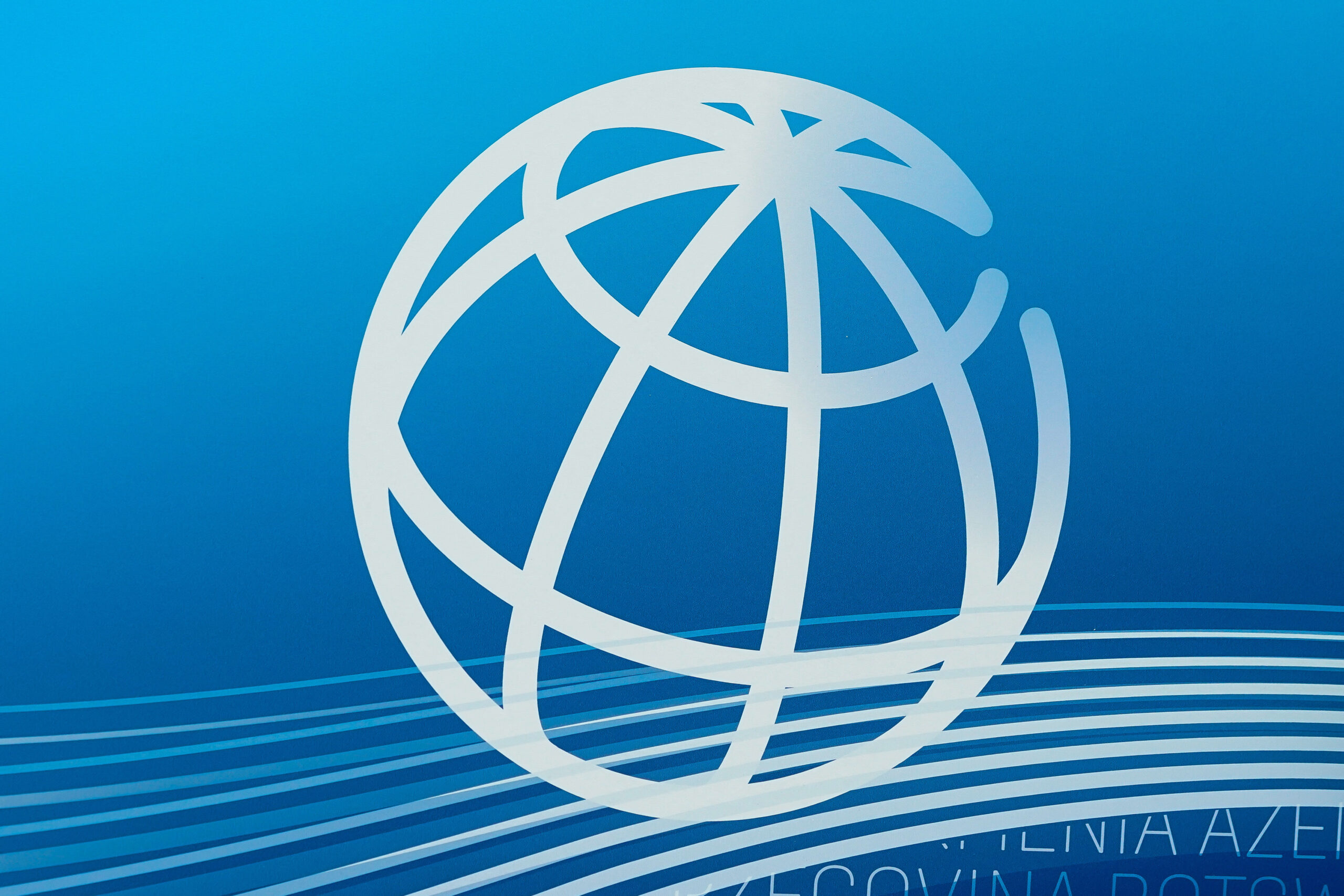World Bank flags declining productivity of workers

The World Bank logo is seen at the 2023 Spring Meetings of the World Bank Group and the International Monetary Fund in Washington, U.S., April 13, 2023. REUTERS/Elizabeth Frantz/File photo
MANILA, Philippines — The World Bank (WB) has urged leading companies in the Philippines to ensure that workers have the necessary digital and managerial skills to arrest slowing productivity that may hurt investments and economic growth.
But the Philippines is not alone in this. In its “East Asia and the Pacific (EAP) Economic Update” released on Monday, the Washington-based lender said top companies in the region have been “falling behind productivity” against the best firms in richer economies since the 2000s, especially in the digital and electronics sectors.
For example, the World Bank said productivity of top global firms in the digital manufacturing sector had increased by 76 percent from 2005 to 2015, whereas those in Indonesia, Malaysia, the Philippines and Vietnam had improved by only 31 percent on average.
Since new technologies typically arrive first at companies in developed economies, and then spill over to other firms, the bank said revitalizing the top firms in EAP matters for the future growth of all companies.
READ: South Asia’s jobs creation lags population growth —World Bank
“The slowdown in growth of the national frontier is starker in digital-intensive sectors—the same sectors where the best firms in rich countries are pulling away,” the World Bank said.
The report noted that productivity growth and adoption of sophisticated technologies require advanced skills and high-quality digital infrastructure.
But the World Bank said access to skills and modern data infrastructure is “uneven” across EAP. In 14 of the region’s 22 middle-income countries, the bank said more than half of 10-year-olds are unable to read and understand an age-appropriate text.
READ: Marcos: Gov’t to continue upskilling, reskilling Filipino workers
Even basic digital skills are not widely available, the lender said, with less than a quarter of workers in Cambodia, Mongolia, Philippines, Thailand and Vietnam able to use the “copy and paste” function in a document.
Meanwhile, over 50 percent of innovating firms in Indonesia, Malaysia, Myanmar, the Philippines, Thailand and Vietnam cite a lack of managerial and leadership skills as a challenge when hiring new workers.
To tackle the waning productivity, the World Bank urged economies in the region to foster greater competition among companies. INQ
